Just in case you missed it—in the middle of September this year, the famously litigious, Pokémon rights-owning company Nintendo finally decided to roll its sleeves up and sue Palworld developer Pocketpair for patent infringement.
As explained by IP attorney Kirk Sigmon for PC Gamer last week, this means that Nintendo needs to convince the Japanese legal system that Pocketpair has infringed on a "concept they think is new, novel and non-obvious … generally speaking, it can't be abstract ideas. It cannot be creative works. It cannot be brands. It has to be unique to the patent system."
Patents are country-specific. There is something called the Patent Cooperation Treaty, though it's a separate system with its own positives and negatives—Nintendo, however, appears to be going straight to the source, filing for patents in the United States directly. This makes a lot of sense, considering it has branches in America too, and a seemingly vested interest in making sure no other developer gets to play with the same toys.
This information comes courtesy of Kiyoshi Kurihara, who discovered it on behalf of Yahoo Japan (thanks, Automaton), as well as MBHG associate Andrew Velzen writing for Gamesindustry.biz. The applications, which are US18/652,874 and US18/652,883 respectively, are pending at the time of writing, and were filed for earlier this year with a priority "Track One" status. The latter of which includes identical images to the ones our own Lincoln Carpenter discussed in the immediate fallout of the news.
Velzen notes—shortening the former patent to "US-App-3" and the latter to "US-App-4", a phrasing I'll be borrowing so as to not bog you down with numbers—that they were both given non-final rejections. In the case of US-App-3, it was "lacking subject matter eligibility", while US-App-4 was rejected for "obviousness".
A non-final rejection is, essentially, a finding by the examiner of the patent that things aren't up to snuff. Wysebridge, a resource website for prospective lawyers studying to pass the patent bar, lays these occurrences out in pretty optimistic terms, characterising them as "an opportunity for improvement". In other words, Nintendo's not out of the running just yet, but will have until October 19 to respond to the first objection, and October 31 to respond to the second.
It's tricky, though—when we talked to Sigmon, he noted that Nintendo is exposing itself in a "big way". Being too broad with patents, as he notes, gives Pocketpair "a pathway to make the patent go away, because you've given them an opportunity to prove that it was already in existence." Any adjustments to the US version of these patents would, one assumes, increase the risk of that happening.
Kurihara concludes in his analysis that "although Nintendo is steadily preparing for a lawsuit in the United States, it does not seem to be in a position to file one right away."

 4 months ago
148
4 months ago
148
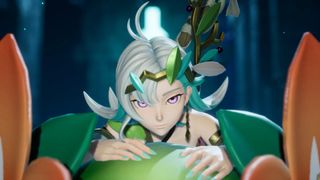
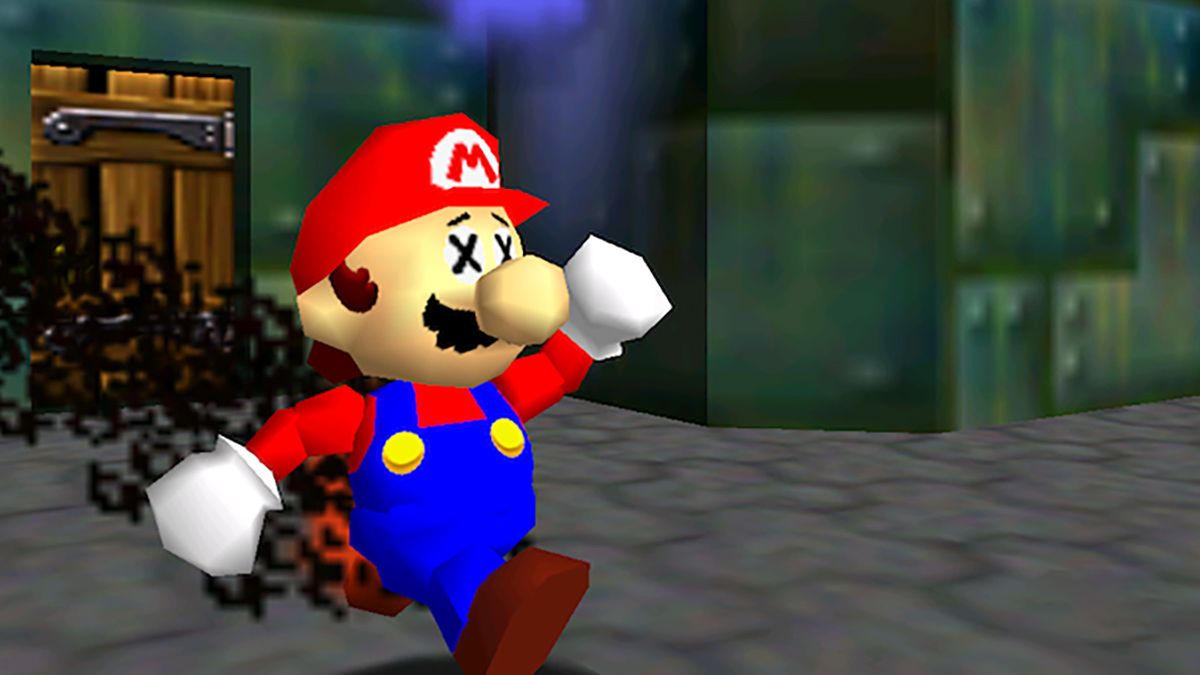
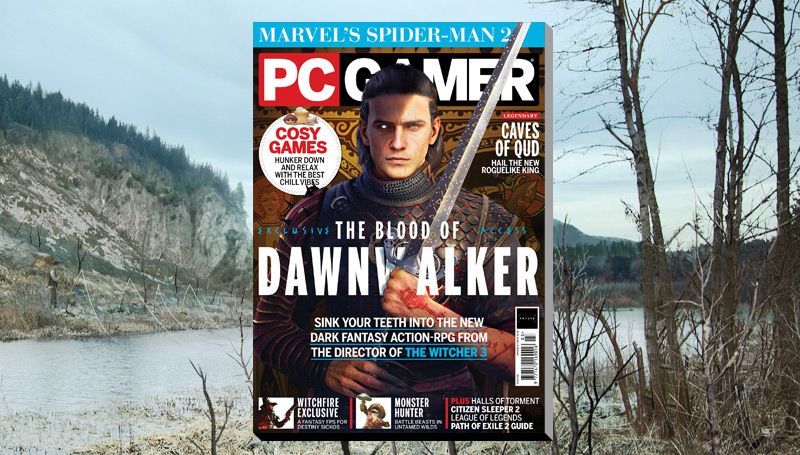
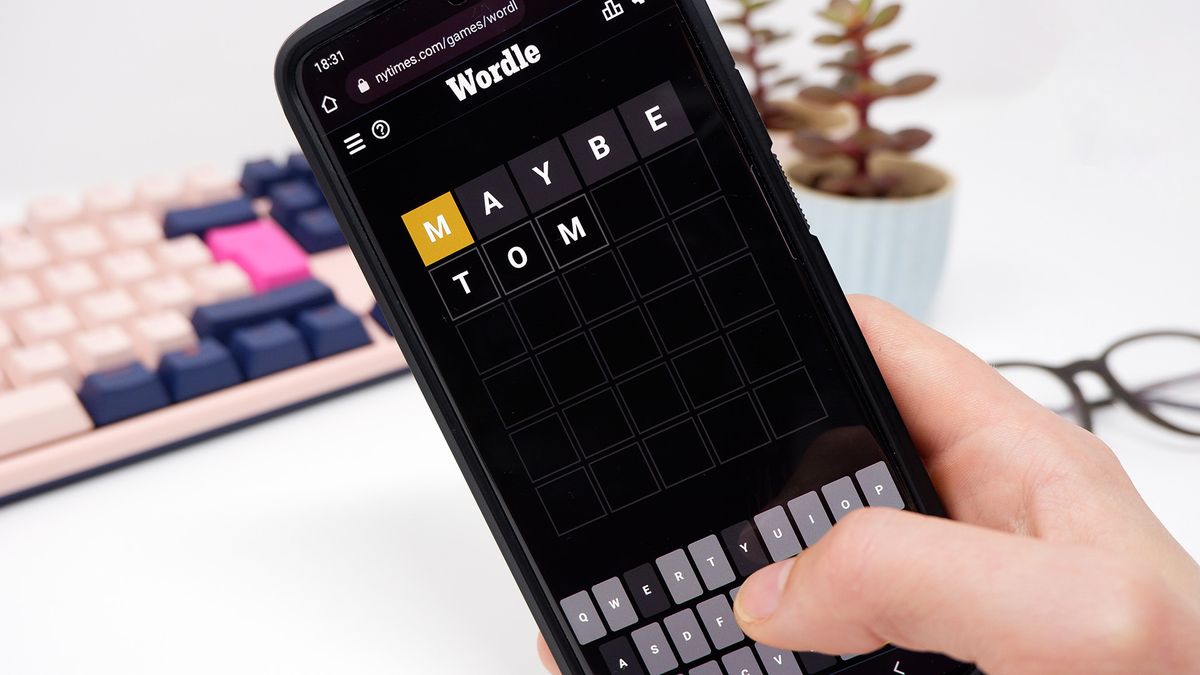
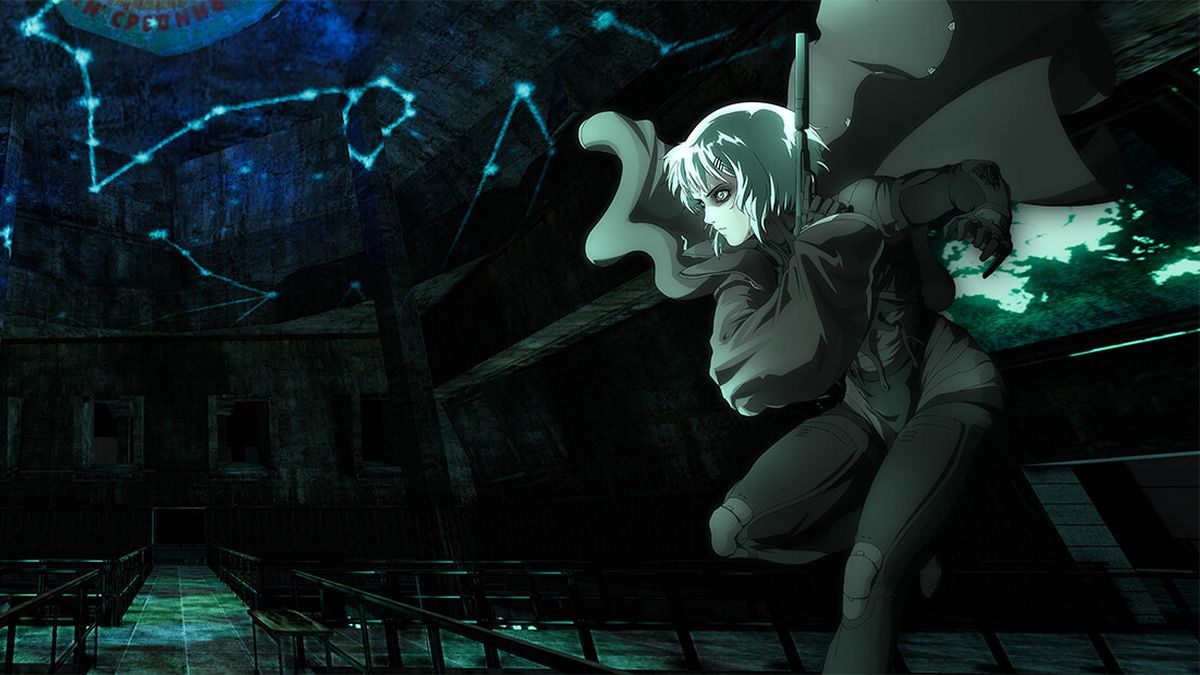



![Anime Reborn Units Tier List [RELEASE] (November 2024)](https://www.destructoid.com/wp-content/uploads/2024/11/anime-reborn-units-tier-list.jpg)
